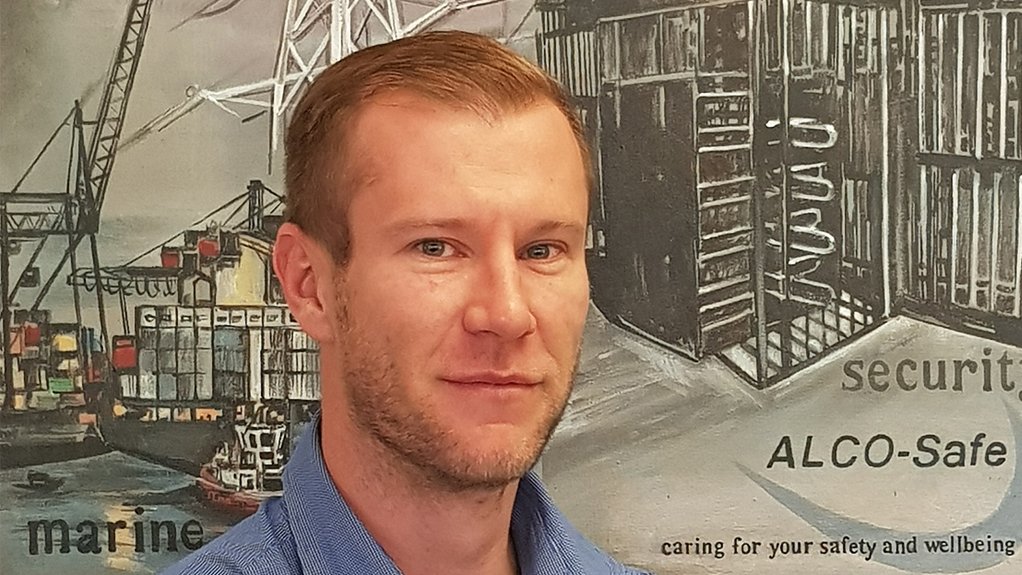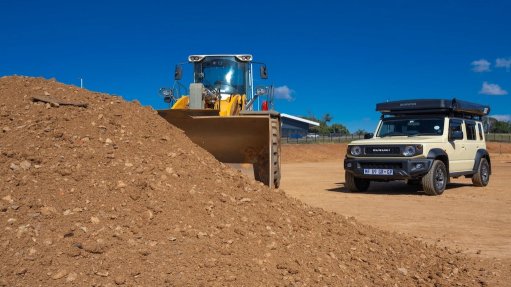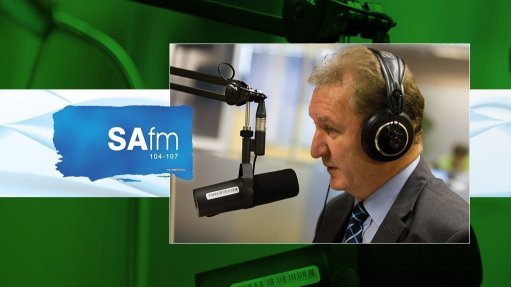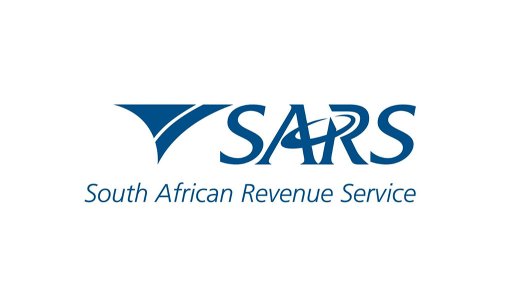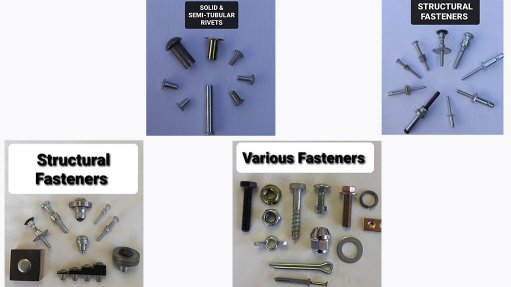The workplace is back to normal - it should be business as usual for drug and alcohol testing too
This article has been supplied.
By Rhys Evans, MD at ALCO-Safe
If parking lot capacities and rush hour traffic jams are any indication, the majority of South Africa’s workforce is back to the grind full time. It’s business as usual and companies need to turn their attention to prioritising occupational safety. Now that Covid-19 restrictions have been lifted, workplace drug and alcohol policies will need to be enforced but organisations must first ensure that their testing equipment has been serviced and is in proper working order.
Shifting the focus from health back to safety
Drug and alcohol testing may have been overlooked during lockdown while most people were working from home, but this can no longer be the case. With full workplaces, businesses must reprioritise budgets for health and safety procedures like drug and alcohol testing. The budget that was directed to pandemic-related Personal Protective Equipment (PPE) (such as gloves and face masks, which are no longer mandatory) should be shifted back to alcohol and drug testing equipment, particularly in high-risk industries where workplace accidents can be fatal.
Ensuring equipment is fit for purpose
Companies have an obligation to provide their employees with a safe working environment, which extends to ensuring that intoxicated individuals are not permitted entry to the workplace. Where alcohol testing instruments have not been used recently, they will need to be serviced and recalibrated to ensure accurate results and reliable performance. Analytical instruments need to be calibrated every six months, while screening devices (rapid tests that produce a pass or fail result) must be serviced once a year. Saliva drug testing instruments that use a saliva swab and cartridges need to be serviced on an annual basis and disposable drug testing kits that were purchased before lockdown will need to be discarded and replaced, as these have a limited shelf life of roughly twelve months and have likely expired.
Why is it necessary to test employees?
The unfortunate reality is that when people experience tough times, there is a tendency to turn to substances as a coping mechanism. Business owners who think that they would notice if employees were intoxicated in the workplace are sorely mistaken. Some people are extremely good at masking their behaviour, and in the case of habitual drinkers, they have had a lot of practice at doing so. Given the tough times that people are facing with the cost of living currently soaring through the roof and no relief in sight, there is an even greater likelihood of people turning to alcohol and other substances. Financial problems generally don’t stop people from purchasing drugs or alcohol, they simply use money intended for other things, like food and rent.
Policy-based proactive screening
With this in mind, it’s important for organisations to have a proper policy in place that clearly details their approach to alcohol and substances at work. This policy must be adequately communicated to employees, and it might be necessary to have refresher courses to ensure that everyone is aware of the policy and the consequences of violating the rules. Now that everyone is back at work full-time, companies should ensure that testing happens regularly, in accordance with their policy. Mass screening is advisable and where the staff complement is large, companies should set a target to test 100% of the workforce within 3 months of returning to work. Thereafter, depending on how big the company is, it is practical to target 1 - 5 % of employees monthly, along with reasonable annual targets.
Prevention is proactive, not reactive
Screening the entire workforce within a short period of having returned to work is advisable as this is the most effective way to identify and assist with substance abuse problems as quickly as possible. Unfortunately, there is a high chance that people will test positive for alcohol or substances, but rather than waiting for unfortunate incidents to occur, companies should proactively prevent intoxication-related accidents by ensuring that they have a sober workforce.
Deterrent not punitive
A sober workforce isn’t achieved by policing people and testing them for the purposes of catching them out. It is achieved by educating workers on the dangers of alcohol consumption, particularly in the context of the workplace. Testing should be used not as a punitive measure, but as a deterrent. Without any deterrent measures in place, or if testing is used as a reactive measure only after incidents occur, it is likely that the problem will only get worse and before long, this spawns a culture of drug or alcohol abuse in the company that is exceptionally difficult to eliminate. Here, prevention really is better than cure, and regular workplace deterrent-based testing is the most effective way to achieve a sober workforce.
Comments
Announcements
What's On
Subscribe to improve your user experience...
Option 1 (equivalent of R125 a month):
Receive a weekly copy of Creamer Media's Engineering News & Mining Weekly magazine
(print copy for those in South Africa and e-magazine for those outside of South Africa)
Receive daily email newsletters
Access to full search results
Access archive of magazine back copies
Access to Projects in Progress
Access to ONE Research Report of your choice in PDF format
Option 2 (equivalent of R375 a month):
All benefits from Option 1
PLUS
Access to Creamer Media's Research Channel Africa for ALL Research Reports, in PDF format, on various industrial and mining sectors
including Electricity; Water; Energy Transition; Hydrogen; Roads, Rail and Ports; Coal; Gold; Platinum; Battery Metals; etc.
Already a subscriber?
Forgotten your password?
Receive weekly copy of Creamer Media's Engineering News & Mining Weekly magazine (print copy for those in South Africa and e-magazine for those outside of South Africa)
➕
Recieve daily email newsletters
➕
Access to full search results
➕
Access archive of magazine back copies
➕
Access to Projects in Progress
➕
Access to ONE Research Report of your choice in PDF format
RESEARCH CHANNEL AFRICA
R4500 (equivalent of R375 a month)
SUBSCRIBEAll benefits from Option 1
➕
Access to Creamer Media's Research Channel Africa for ALL Research Reports on various industrial and mining sectors, in PDF format, including on:
Electricity
➕
Water
➕
Energy Transition
➕
Hydrogen
➕
Roads, Rail and Ports
➕
Coal
➕
Gold
➕
Platinum
➕
Battery Metals
➕
etc.
Receive all benefits from Option 1 or Option 2 delivered to numerous people at your company
➕
Multiple User names and Passwords for simultaneous log-ins
➕
Intranet integration access to all in your organisation



